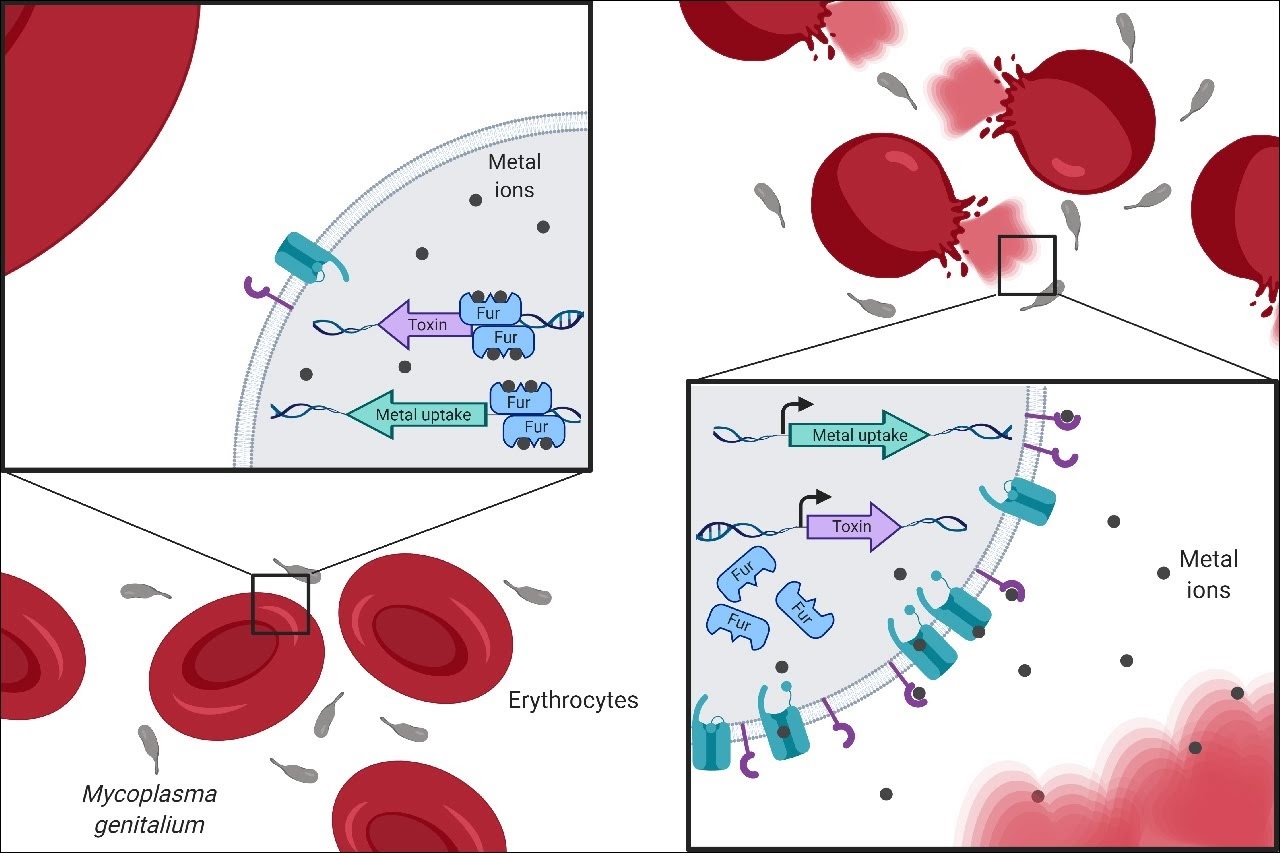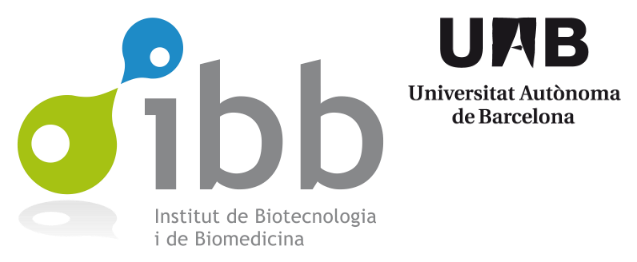 https://www.tandfonline.com/doi/ref/10.1080/22221751.2019.1700762?scroll=top
https://www.tandfonline.com/doi/ref/10.1080/22221751.2019.1700762?scroll=top
ABSTRACT
Transition metals participate in numerous enzymatic reactions and they are essential for survival in all living organisms. For this reason, bacterial pathogens have evolved dedicated machineries to effectively compete with their hosts and scavenge metals at the site of infection. In this study, we investigated the mechanisms controlling metal acquisition in the emerging human pathogen Mycoplasma genitalium. We observed a robust transcriptional response to metal starvation, and many genes coding for predicted lipoproteins and ABC-transporters were significantly up-regulated. Transcriptional analysis of a mutant strain lacking a metalloregulator of the Fur family revealed the activation of a full operon encoding a putative metal transporter system and a gene coding for a Histidine-rich lipoprotein (Hrl). We recognized a conserved sequence with dyad symmetry within the promoter region of the Fur-regulated genes. Mutagenesis of the predicted Fur operator within the hrl promoter abrogated Fur- and metal-dependent expression of a reporter gene. Metal starvation still impelled a strong transcriptional response in the fur mutant, demonstrating the existence of Fur-independent regulatory pathways controlling metal homeostasis. Finally, analysis of metal accumulation in the wild-type strain and the fur mutant by ICP-MS revealed an important role of Fur in nickel acquisition.
